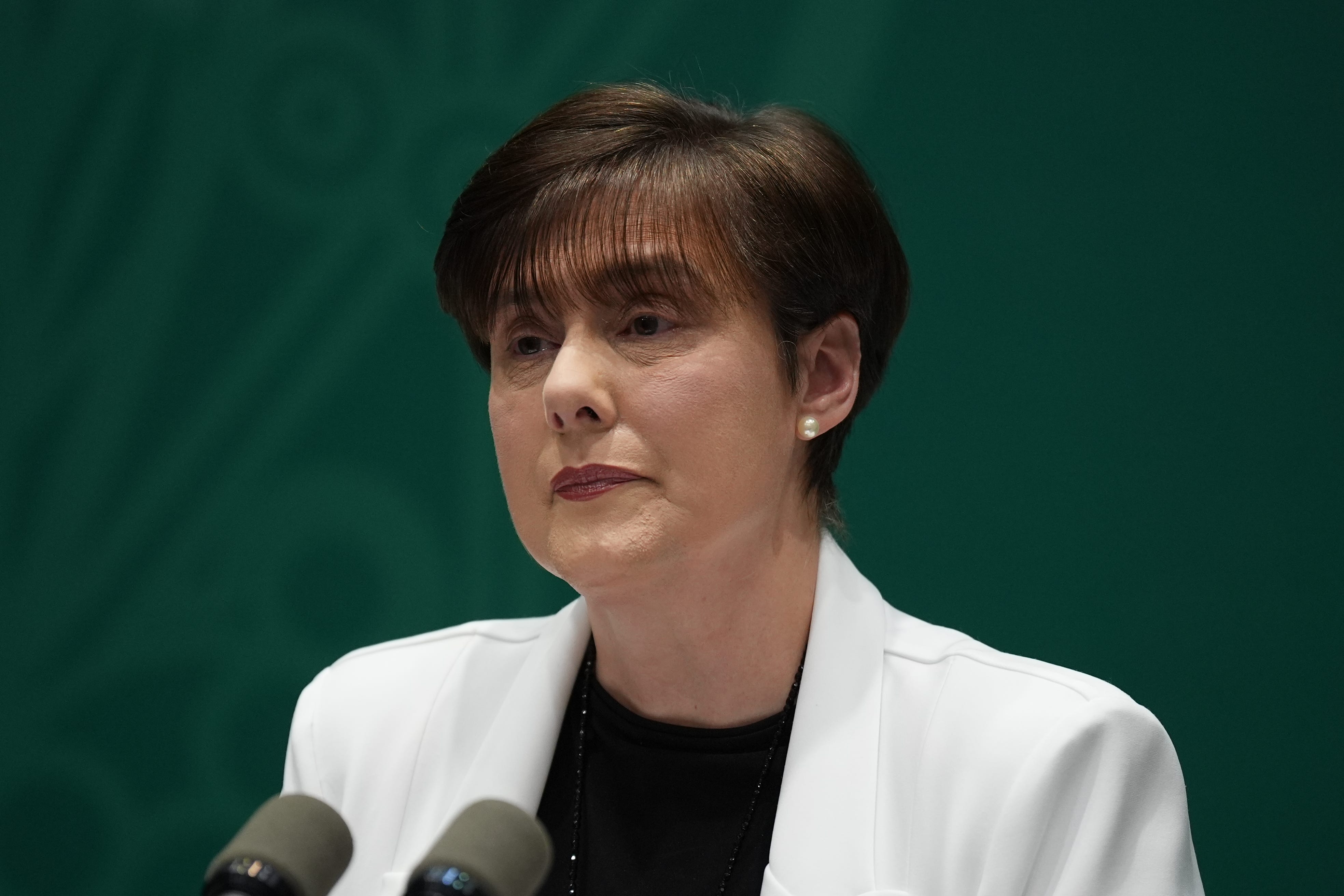Abuse in schools had ‘destructive influence’ on survivors’ lives
Survivors who spoke to the scoping inquiry said it affected their intimate relationships, parenting and careers.

Your support helps us to tell the story
From reproductive rights to climate change to Big Tech, The Independent is on the ground when the story is developing. Whether it's investigating the financials of Elon Musk's pro-Trump PAC or producing our latest documentary, 'The A Word', which shines a light on the American women fighting for reproductive rights, we know how important it is to parse out the facts from the messaging.
At such a critical moment in US history, we need reporters on the ground. Your donation allows us to keep sending journalists to speak to both sides of the story.
The Independent is trusted by Americans across the entire political spectrum. And unlike many other quality news outlets, we choose not to lock Americans out of our reporting and analysis with paywalls. We believe quality journalism should be available to everyone, paid for by those who can afford it.
Your support makes all the difference.People who were sexually abused at school suffered “horrific” long-term impacts to their relationships, health and careers, according to a scoping inquiry published on Tuesday.
The Government’s scoping inquiry detailed 2,400 allegations of child sexual abuse at 308 schools run by 42 religious orders.
Of the 884 abusers, around half are dead according to the report.
Some survivors were unable to visit their parents' graves because their abuser was buried nearby in a plot in the same graveyard. Some survivors said they left Ireland specifically to get away from memories of sexual abuse
It also highlighted a high number of allegations at 17 special schools: 590 allegations relating to 190 alleged abusers.
The scoping inquiry mostly covers allegations from the 1950s through to the 1980s and mostly involves men aged in their 50s, 60s, and 70s.
Education Minister Norma Foley said that as the survivors are older, they have been able to detail the effect the abuse had on them and how it led to a “premature end of their childhood”.
The report highlights how abuse at school affected survivors’ trust and left them feeling that due to the power of the Catholic Church, there was no one they could tell, including their parents.
“It damaged survivors relationships with their family and even their own children,” Ms Foley said.
“Some survivors were unable to visit their parents’ graves because their abuser was buried nearby in a plot in the same graveyard. Some survivors said they left Ireland specifically to get away from memories of sexual abuse.”
It happened in the '60s, but really, it’s happened every day since. You live with it every day. I try to move on, but it hits me in the face
Survivors said that as adults, the abuse they suffered led to mental health issues such as anxiety or depression, addiction issues, and damage to their sense of community.
One person told the inquiry: “It happened in the ’60s, but really, it’s happened every day since. You live with it every day. I try to move on, but it hits me in the face.”
Many described failed intimate relationships or marriage breakdowns, and some said that as a result of the sexual abuse, they decided not to have children.
“I was never going to have children, because of this. I realised at a very early age that I could never, ever live thinking this could happen to a child of mine. I would be terrified every day of the week,” one person said.
For survivors who did have children, they said the abuse affected their parenting, with some describing constant worry and being overprotective.
I start to vomit when I smell incense or the smell of a church. Even just going for a funeral or a wedding, I’m on edge and just want to get out of there
Some described lost career opportunities and some said they chose to be self-employed due to difficulties with figures in authority.
“I put his face onto every authority figure in my life,” the scoping inquiry was told by one person.
Others described becoming alienated from religion to the extent that some avoided going to their parent’s funeral or other family event because they could not face entering a church.
One person said he experiences PTSD symptoms around churches to this day: “I start to vomit when I smell incense or the smell of a church. Even just going for a funeral or a wedding, I’m on edge and just want to get out of there.”
Another person said: “When my mother died… I never saw her in her coffin. I didn’t go into the funeral home because I couldn’t bear to hear priests prattling their nonsense over her. Her dead body was theirs, not mine.”